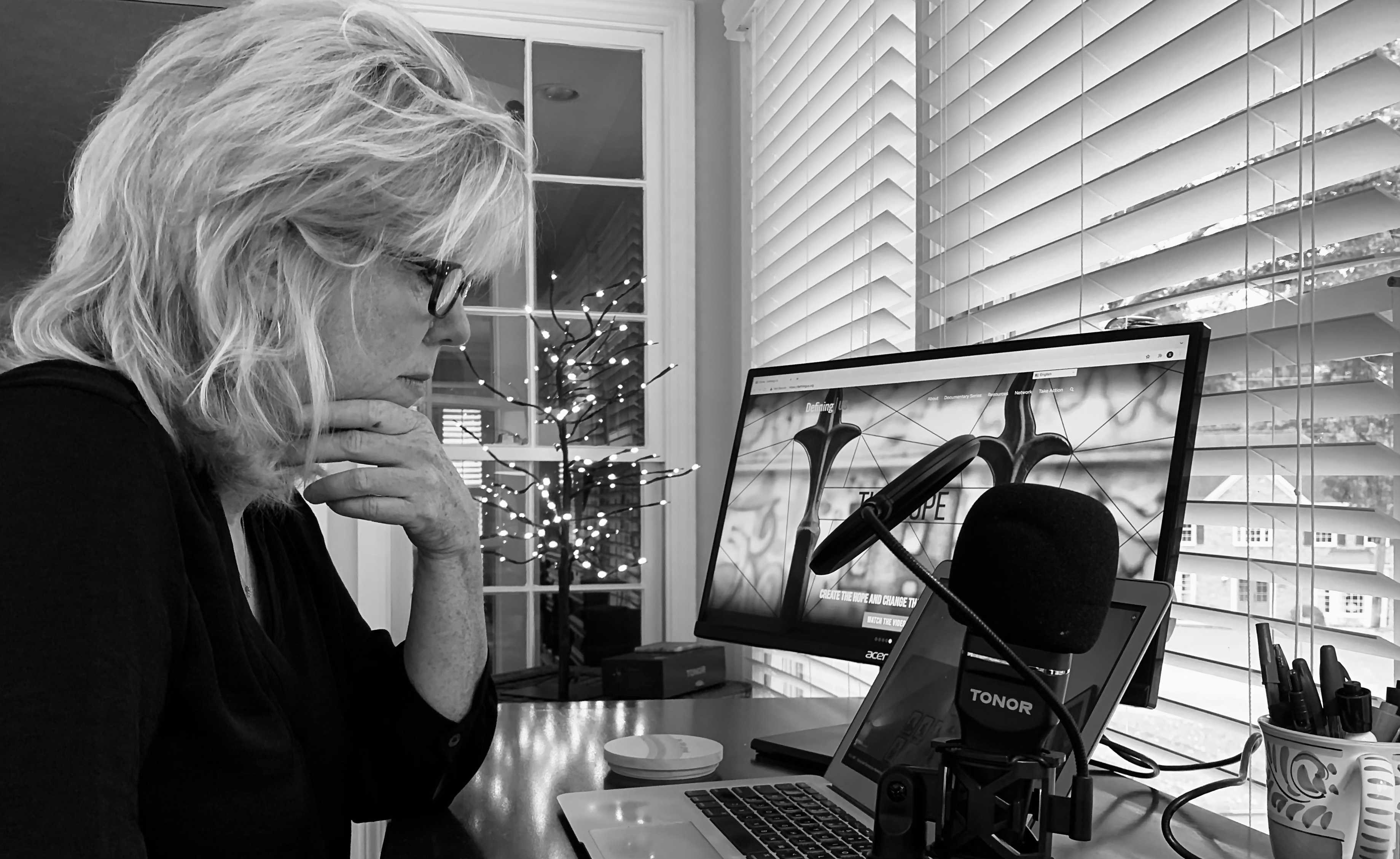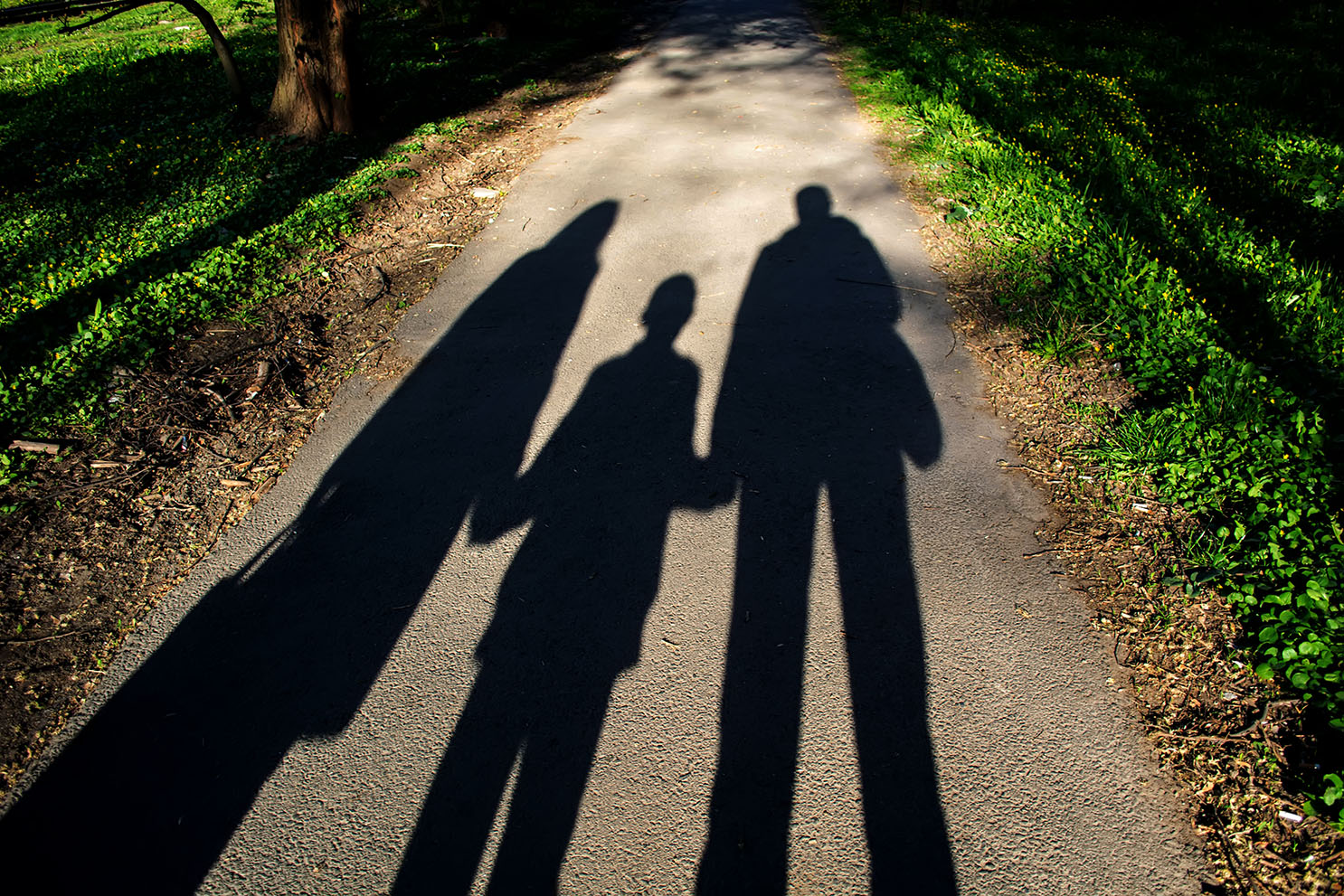Why Colin in Black & White is a Must Watch for Everyone
Observations from Stacey DeWitt, CEO, Director and Executive Producer on the documentary Defining US, slated for early 2022 release.
Last Saturday morning, I was scrolling around on Netflix and landed on the new documentary series, Colin in Black and White, the story of NFL football quarterback Colin Kaepernick, directed by Ava Duvernay. I’m a big fan of Duvernay and have always admired her work from afar; but, more recently, have connected with her company through friends of friends. When I saw the series had been released, I clicked on the trailer for what I thought would be a few curious seconds. Hours later, I was still engrossed, incensed, inspired, and entertained; my Saturday morning slipping away as I binge-watched the full six episodes.
It’s not what you would expect. In fact, there is barely a mention of taking a knee, CRT, equity or any politically charged words and events. Instead, Duvernay and Kaepernick, the narrator and an Executive Producer, remind us that the political is always personal by telling the story of a boy becoming a man with all the coming-of-age themes: friendships, first love, fitting in, dreams, desires, and a full range of vulnerabilities that strike an inner chord with each of us. With every hour that passes, we the audience, connect with and care about young Colin who while surrounded by a loving family also struggles to navigate two worlds alone. Colin’s parents are White. And, through his uncommon story, Duvernay and Kaepernick use a different lens to show what it means for a Black boy to grow up in White America that touches us on a deeper emotional level than data, debate, and divisive dialogue can ever reach.
Regardless of race, interest in sports, opinions about Kaepernick, or political views, this story should resonate with every human being if we will watch it. Data can misinform us, intellectual debate often excuses us, and opinionated divisive dialogue almost always angers and scares us; but personal stories connect us by softening our hearts and opening our minds. Educational research validates the power of storytelling as a compelling, influential, antidote to disinformation, half-truths, and harmful assumptions that fuel fear and dangerous stereotypes. In fact, good storytelling that sparks both brain connections and heartfelt emotions has been proven to create an emotional impact that is far more likely to inspire positive behavior change than other teaching and learning strategies.
We see this power in a great movie that emotionally connects us to the characters on screen. We see it in a classroom when a coach or teacher forms a relationship with a student that is remembered fondly by both for a lifetime. In education, it’s often called “individuation,” a strategy that is used to help people identify and overcome their biases by getting to know someone with specificity or based on their own personal characteristics rather than making assumptions based on group affiliation. It’s more than having acquaintances. It’s about building relationships through learning about and honoring another person’s story. Good teachers tell us that when we listen empathetically to a child’s story, we change the seating chart. Our human similarities move to the front row and our differences, while still there, sit in the back of the room.
Through our work over the last two decades, our team has developed a deep belief in the power of media and in the promise of education as possibly the most influential channels for creating hope, healing, or harm in our divided world. How do we use the power? Can we keep the promise? What stories do we watch on the nightly news, read in our schools, see on our phones? How do we navigate the tension between media and education markets that influence our nation’s largest audiences? The answers to those questions are playing out in real time as we continue to debate and try to improve America’s most pressing social issues.
Well-intended people often ask what can we do? Others choose to do nothing because we are afraid of saying or doing the wrong thing. We all have human insecurities masked in blame, shame, guilt, anger, and arrogance that can sabotage our efforts to turn our well-intended desire into action.
But we can diffuse those feelings when we begin with sharing our stories. When we stop trying so hard to protect and project our own image, we relax, become more poet than politician, and truly hear another’s story that can change how we see and feel about each other and ourselves.






